Still MEETING THE CHALLENGE
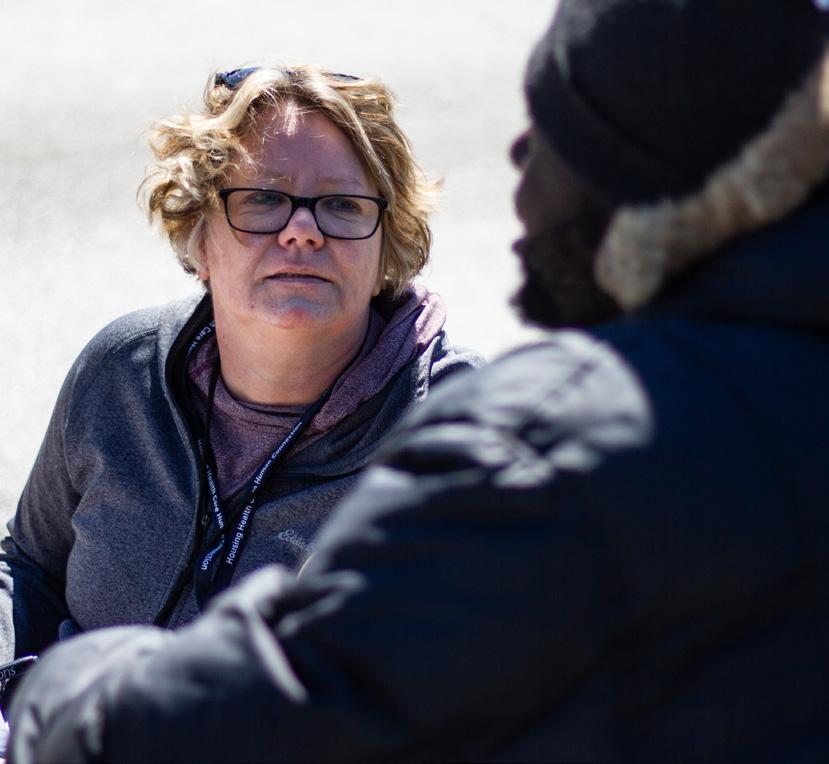

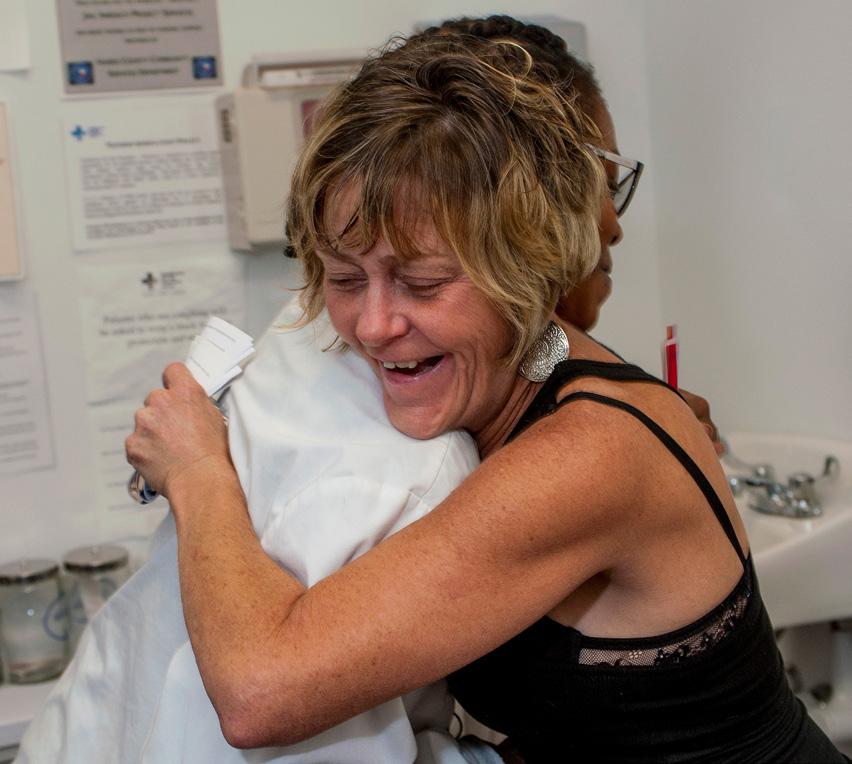
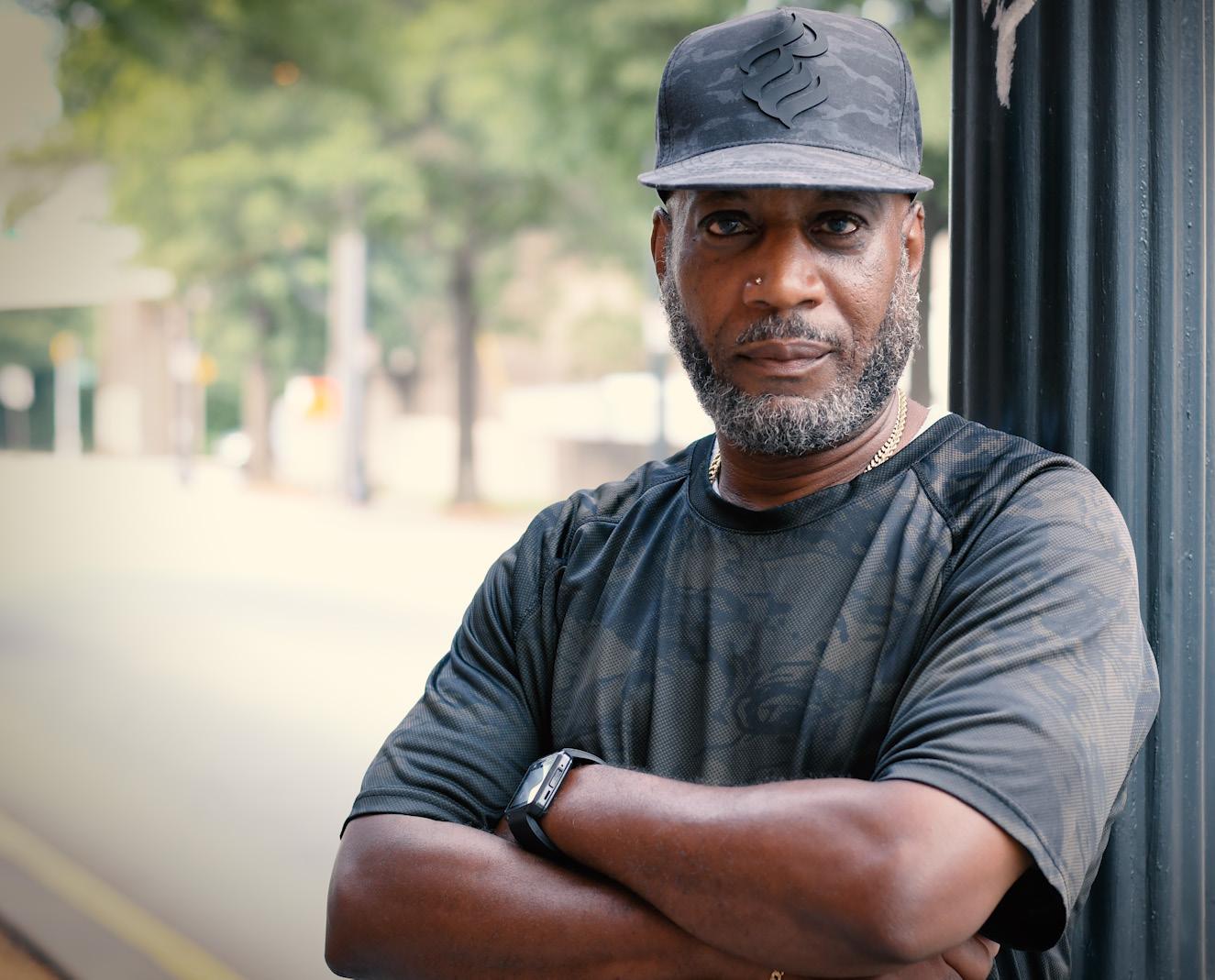
ANNUAL
2020-2021
REPORT
HOMELESS
NATIONAL HEALTH CAR E f or the
COUNCIL
Throughout 2020-2021, the National Health Care for the Homeless Council advocated in word and deed on behalf of people experiencing homelessness, and for a more just society for everyone. The Council issued 10 public statements on issues ranging from COVID testing and the Affordable Care Act to the eviction moratorium and racial injustice, and continued to be a leading voice in the work to ensure health equity and end homelessness.
The pandemic has led many more Americans to see homelessness as the public health, housing, and humanitarian crisis it has always been. This increasing awareness has brought new partners and new opportunities to the forefront. "Federal Inaction on COVID-19 Is a Disgrace. We Need Congress to Act NOW." – August 17, 2020
Thousands of Americans experiencing homelessness die prematurely and unnecessarily in the world’s richest nation. In 2020, Homeless Persons’ Memorial Day was marked by the twin hopes of defeating a worldwide pandemic and achieving a more perfect union in the U.S. with racial justice that is long overdue.
"For 2021, Shine a Bright Light on the Dark Truth About Homelessness." –January 4, 2021
This is clearly a pivotal moment for the future of our health care system. Moving forward, we will attempt to retain what has worked well while also building toward a better, more universal system that works for everyone.
"The Future of Our Health Is Now: Statement on the Elections and the Supreme Court." – November 7, 2020
The National Health Care for the Homeless Council is committed to standing against racism. What all forms of racism have in common is devaluing groups of people who are different and viewing them as “other.” Rejecting our sameness as human beings leads to the violation of the poor and the powerless in our communities –most especially in communities of color.
"Statement on Addressing Anti-Asian Violence and Hate." – March 24, 2021
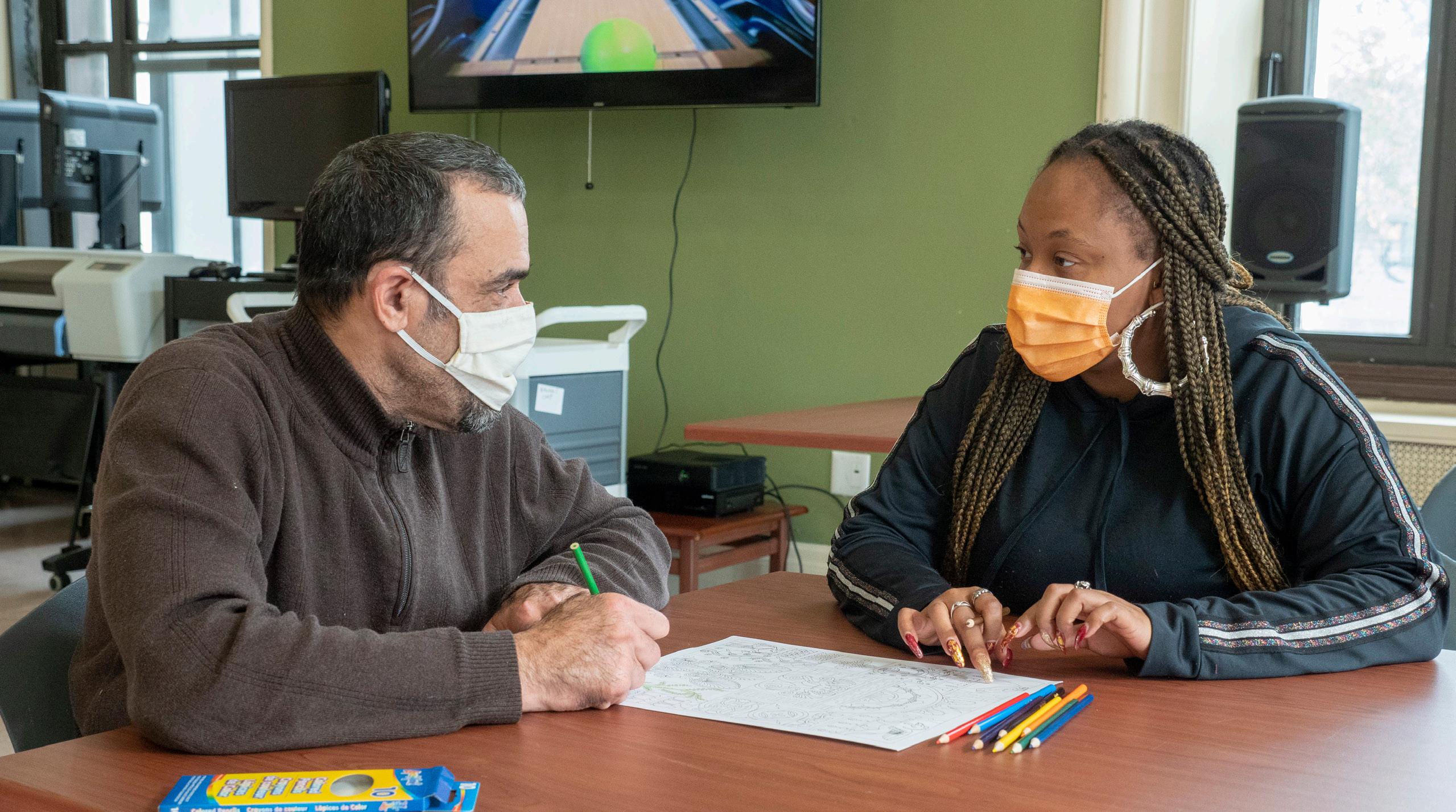
NATIONAL HEALTH CAR E f or the HOMELESS COUNCIL
Still Meeting the Challenge
The HCH and Medical Respite community has been steadfast in meeting the challenges of the past year. The difficulties in the lives of those we serve didn’t stop, and the HCH and Medical Respite programs and staff didn’t stop either. The National Health Care for the Homeless Council also continued to support our community by doing what we do best – holding on to our values and being a place where members of the community learn from and support each other.
To do that, we had to make changes. We increased our staff and added clinical expertise. We moved our annual Conference & Policy Symposium to a virtual format, which had more than 800 people in attendance. In July 2020, we established the National Institute for Medical Respite Care (NIMRC) for the purpose of raising the profile of Medical Respite and its ability to meet crucial health needs of people experiencing homelessness at a time when our nation needed it most. The Council redirected more than $1.1 million from philanthropic partners for nine health care programs in Alabama, Georgia, Indiana, Michigan, New York, South Carolina, Tennessee, and the District of Columbia in FY 2020-2021.
Many people in our country became newly aware of the need to address structural racism and injustice. I was extremely honored to bring the experience, knowledge, commitment, and wisdom of the Council community to the new Administration as a member of the Presidential COVID-19 Health Equity Task Force to ensure that the nation’s COVID response was effective and equitable.
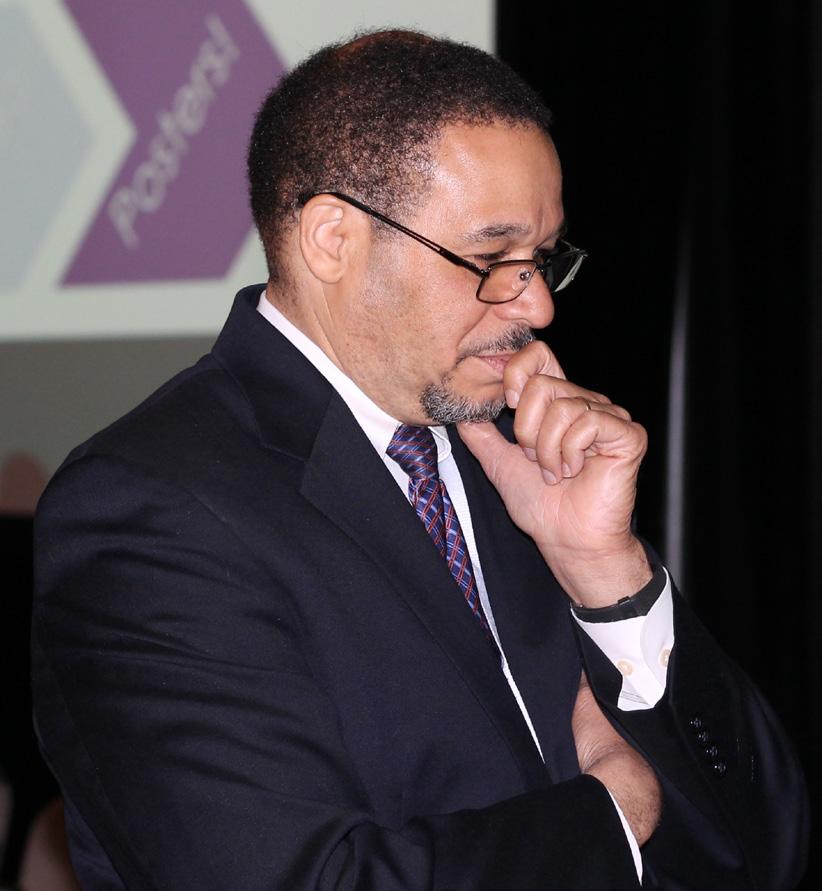
In this 2020-2021 Annual Report, you will see and read about some of the highlights of the Council’s work, which is powered by those on the front lines of the homelessness epidemic –people with lived expertise of homelessness, medical providers, administrators, and advocates. We have shown in wonderful ways that we are Better Together
In
Solidarity,
Bobby Watts, MPH, MS CEO
Mission Statement of the National Health Care for the Homeless Council
Grounded in human rights and social justice, the National Health Care for the Homeless Council’s mission is to build an equitable, high-quality health care system through training, research, and advocacy in the movement to end homelessness.
2
2020-2021 YEAR IN REVIEW
Challenges: COVID-19 & the Impact on the HCH Community
When the Council began a new fiscal year in July 2020, the nation had been battling the COVID-19 pandemic for four months – what seemed at the time to be an eternity. On July 1, 2020, more than 2.8 million Americans had been infected with the virus, and nearly 132,000 had died. However, as with all other issues, the impact of the virus was magnified for those experiencing homelessness and presented a new level of challenges for Health Care for the Homeless providers.
Throughout the year, as the numbers of infections and deaths continued to increase at alarming rates, so did concern about testing, vaccine development and availability, and vaccine hesitancy. Combined with the related impacts of political unrest and economic
uncertainty, people experiencing homelessness – along with millions of other vulnerable individuals and families –faced the grim prospect of losing both their health care and housing.
The dedicated organizations and individuals comprising the Health Care for the Homeless community did not waver in their commitment to provide services and care. Resources were strained as shutdowns and significant cuts forced businesses and communities to close or severely alter their operations. In the face of these obstacles – even as many providers and staff had to confront challenges to their own physical and emotional well-being –they continued to serve.

3
Growth amid challenges
INNOVATION
The “new normal” of social distancing required the Council and its members to focus on new ways to connect and serve. Two examples included telehealth and member engagement.
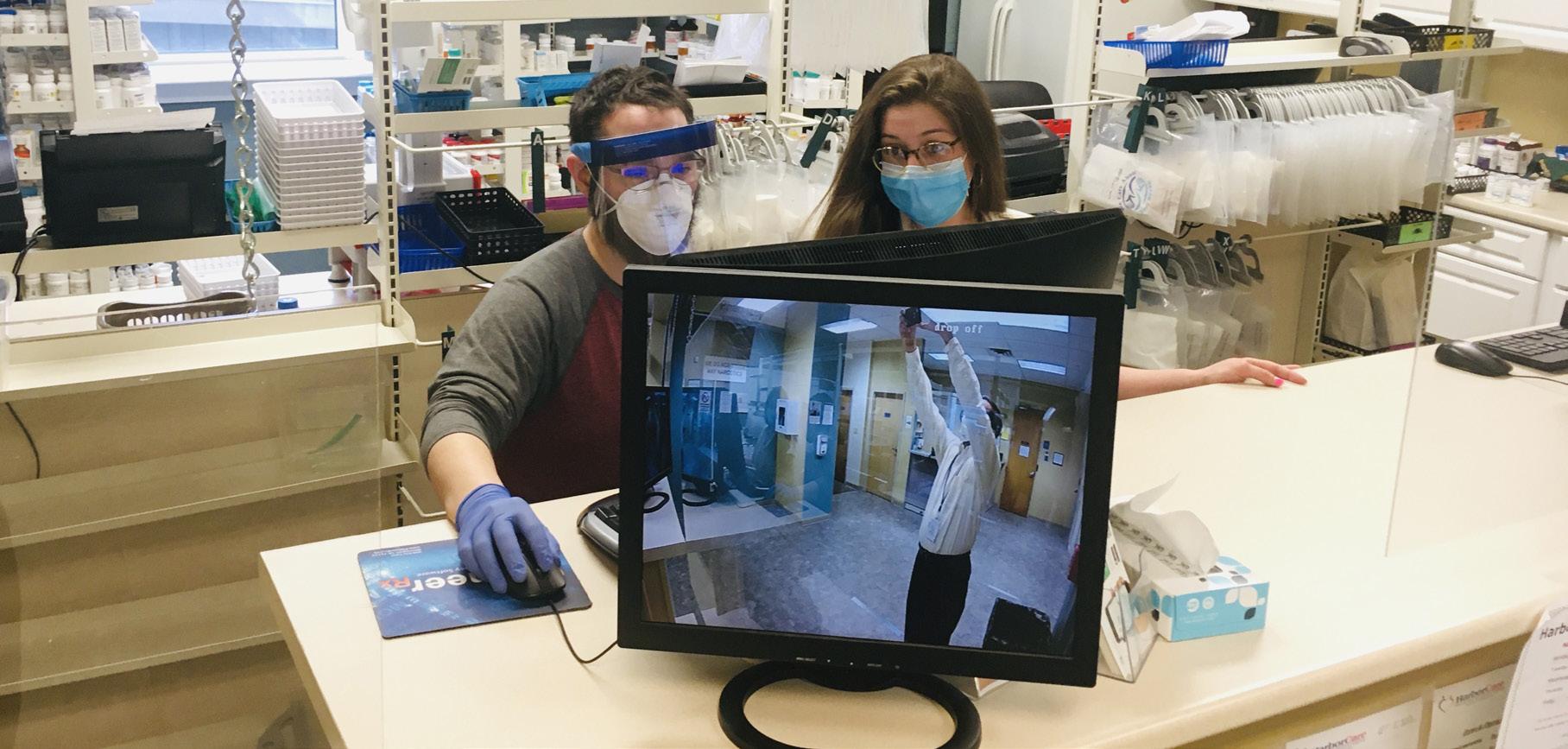

Many health centers increased their utilization of telehealth throughout 2020-2021. To support those efforts, the Council hosted a webinar series discussing how to engage clients with limited or no access to internet or broadband services, and published a case study on 17 HCH health centers’ experiences with initiating and implementing telehealth.
The Council faced its own challenges in how to most effectively interact with members. The annual
Governing Membership meeting, held each fall, took place virtually in October 2020, with approximately 100 attendees. Building on lessons learned from that meeting, the 2021 Health Care for the Homeless Conference & Policy Symposium was held virtually with more than 800 participants. With panelists including officials from the Centers for Disease Control, the Health Resources and Services Administration, and the Department of Housing and Urban Development, as well as a keynote address from bestselling author and scholar Ibram X. Kendi, the Conference allowed attendees to share opportunities for learning and fellowship despite being in multiple locations and five time zones.
4
FOCUS ON CLINICAL AND QUALITY IMPROVEMENT
We are committed to building an equitable, high-quality health care system, as stated in our mission. In August 2020, the Council added a new department, Clinical and Quality Improvement, to lead initiatives to improve the delivery of quality primary care for people experiencing homelessness. The department also provides training and technical assistance to support evidence-based practice improvement and program development across primary care, mental health care, and substance use treatment.
INCREASED CAPACITY
New challenges brought new opportunities for the Council to support its members and the HCH community. Two new teams (Clinical and Quality Improvement; Community Engagement) were added between July 2020 and June 2021, and the Council staff grew from 23 to 32, with new positions added on every team: Administration, Advancement, Clinical and Quality Improvement, Community Engagement, Implementation Research, Medical Respite/Recuperative Care, and Policy and Advocacy.
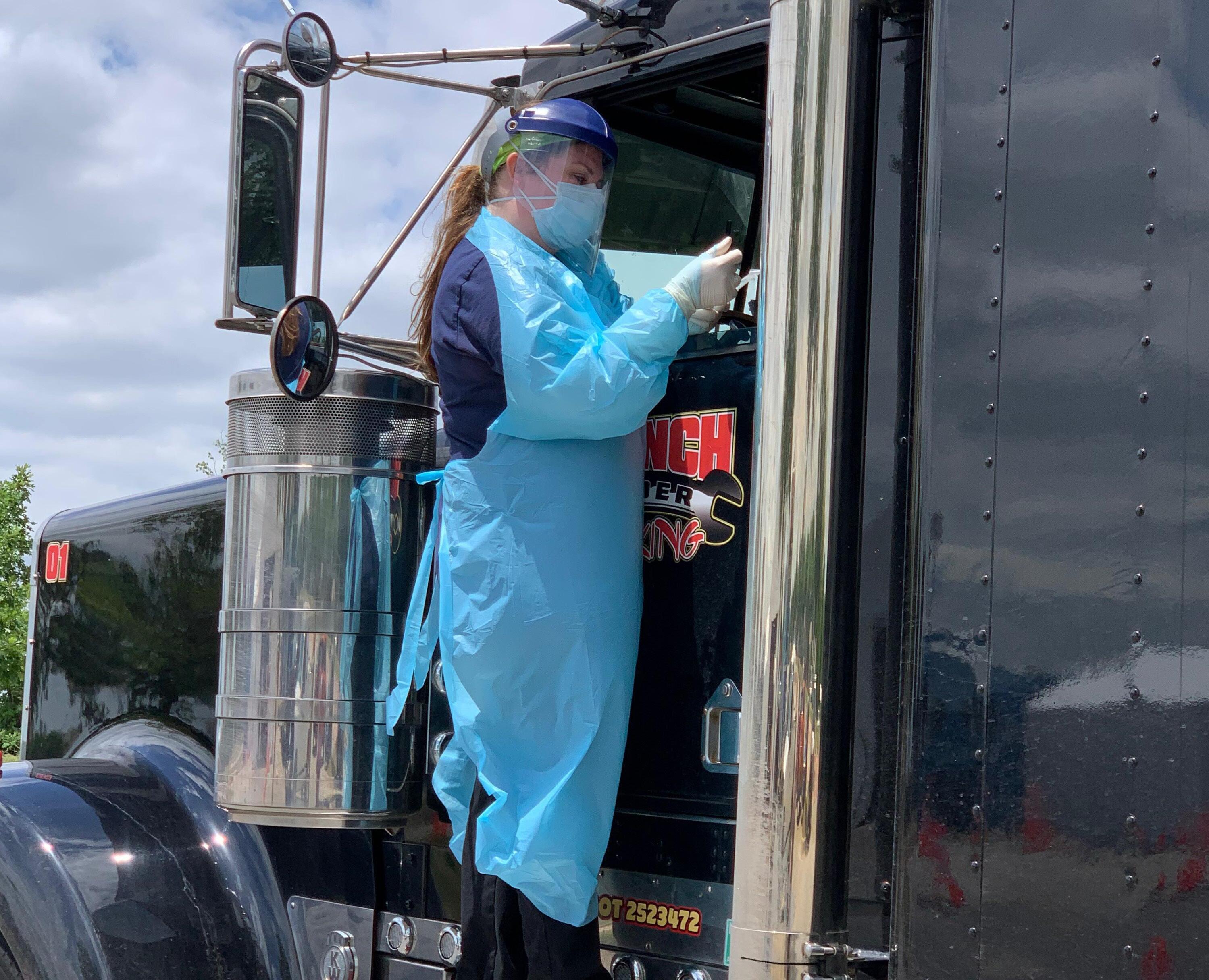
5
STANDING FOR EQUITY
The Council remained steadfast in its commitment to social and racial justice in 2020-2021. In addition to publishing a report on antiracism in organizations serving people without homes, the Council launched an internal initiative to review its own policies and practices:
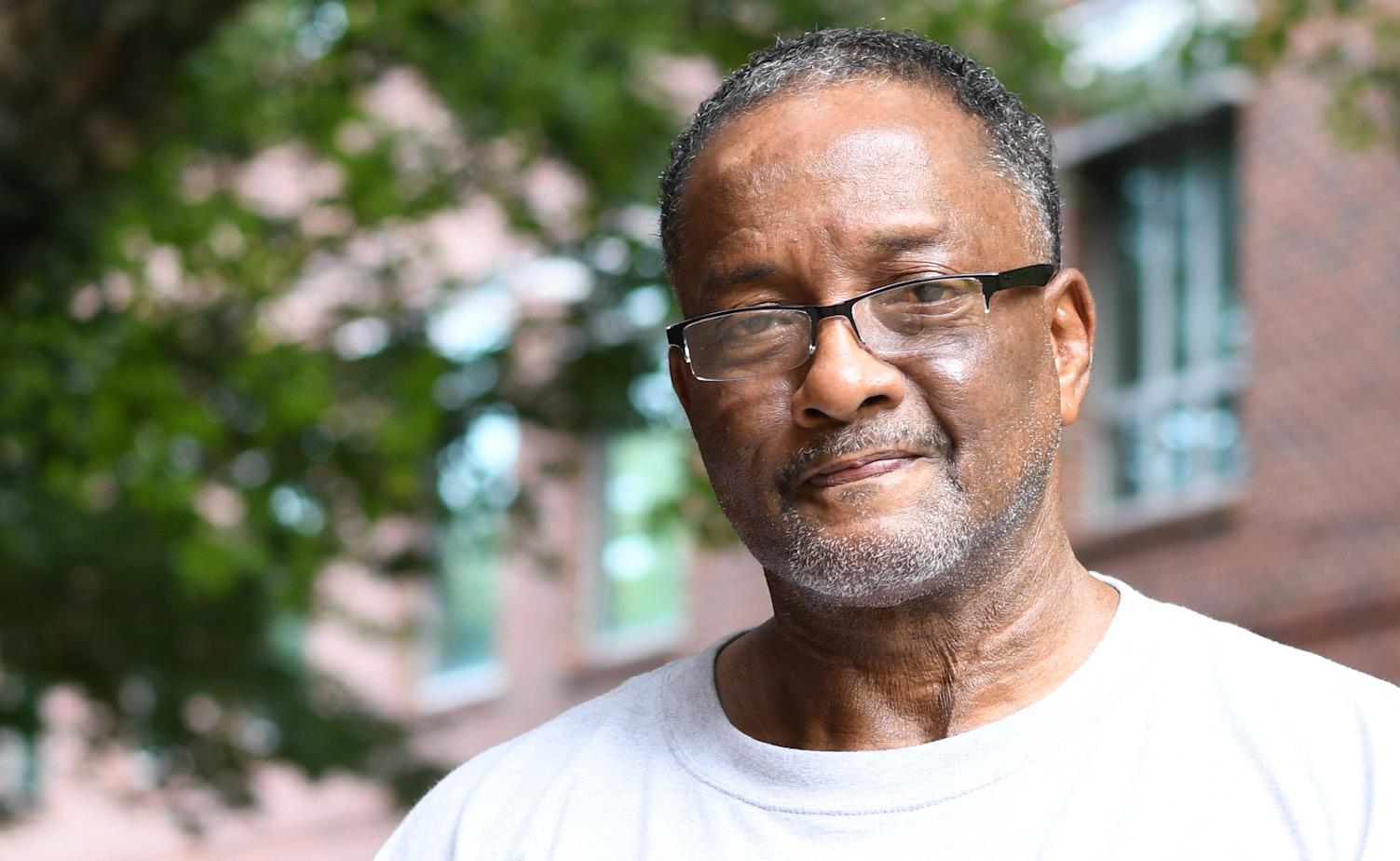
TIARA – the Trauma-Informed Anti-Racist Alliance. TIARA members represented every Council team.
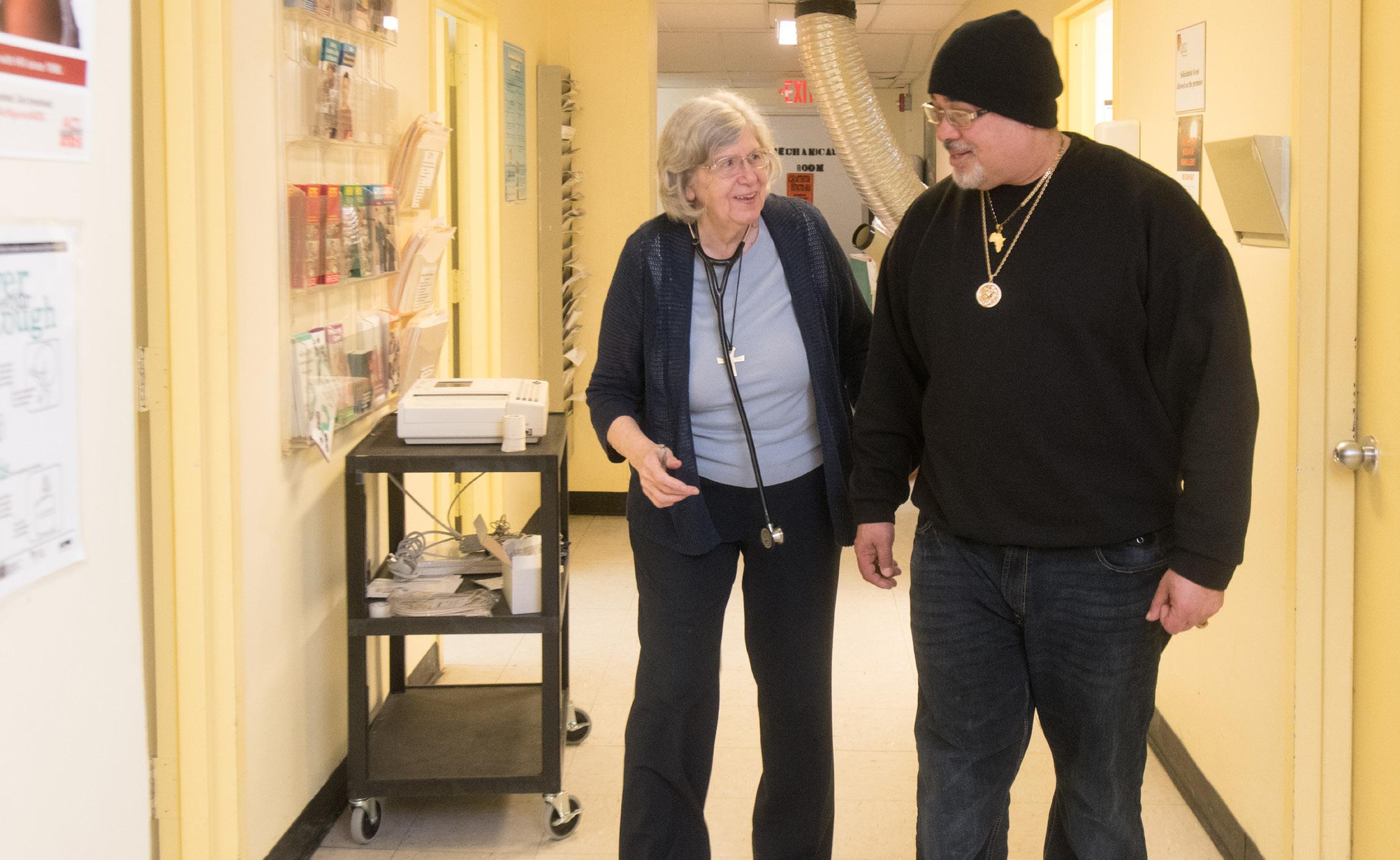
6
National Institute for Medical Respite Care
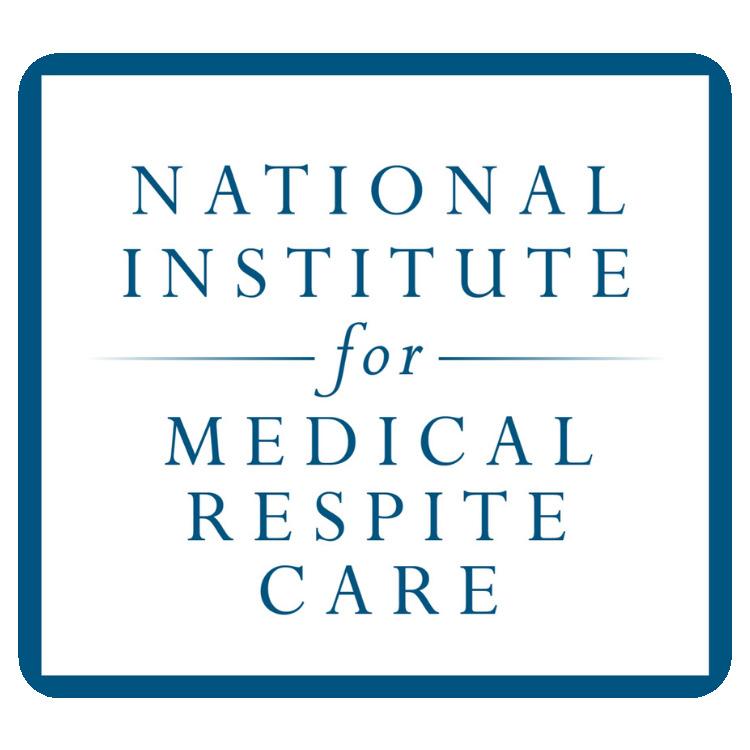
The Council launched a major new initiative in July 2020 – the National Institute for Medical Respite Care (NIMRC). Medical respite care, also known as recuperative care, is short-term residential care that gives individuals experiencing homelessness the opportunity to rest, recover, and heal in a safe environment while accessing medical care and other supportive services.
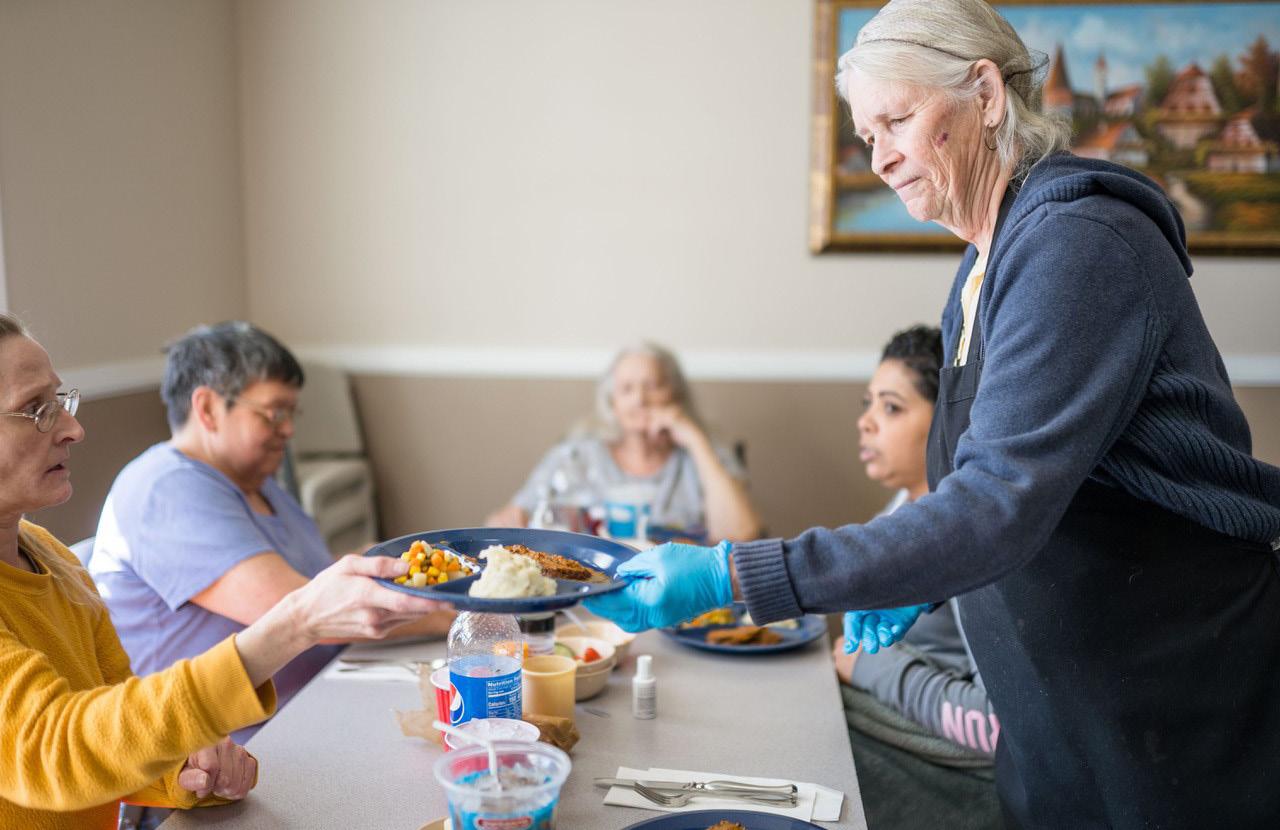
The increasing number of COVID-19 cases in the U.S. magnified the need for medical respite/recuperative care. NIMRC helps organizations and communities grow their programs by providing technical, research, advocacy, and other services. NIMRC works with the Council’s Respite Care Providers’
Network and an Advisory Panel of national leaders to support programs that provide medical respite/ recuperative care.
In February 2021, NIMRC and the CDC Foundation awarded $1.6 million to nine programs in seven states and the District of Columbia. The funding enables programs to mitigate barriers to care resulting from inadequate facilities or physical space; insufficient staffing and personnel; and insufficient medical equipment.
At the end of the 2020-2021 fiscal year, 115 organizations were included in NIMRC’s medical respite/recuperative care directory.
7
Partnerships
■ The CDC Foundation partnered with NIMRC to award $1.6 million to nine existing and emerging medical respite/recuperative care programs across the country.
■ CommonSpirit supported the development of a case study on “Capacity-Building for Medical Respite/Recuperative Care Programs in California in Response to COVID-19.”

■ The Council collaborated with UCSF, Benioff Homelessness and Housing Initiative and Kaiser Permanente to produce the “Antigen Testing in Congregate Shelters: Process Outline and Implementation Playbook,” providing guidance on COVID-19 screening in congregate shelters.
■ The 2021 National Health Care for the Homeless Conference & Policy Symposium connected 11 sponsors and exhibitors with conference attendees.
Organizational support from partners helps the Council and its members more effectively serve people experiencing homelessness.
Key partnerships in 2020-2021 included:
◆ Anthem
◆ C4 Innovations
◆ California Health Care Foundation
◆ Common Spirit
◆ Commonwealth Purchasing Group

◆ Direct Relief
◆ Eccovia
◆ Fourth Capital
◆ Humana
◆ Kaiser Permanente
◆ United Healthcare
8
CEO Appointed to health equitY task force
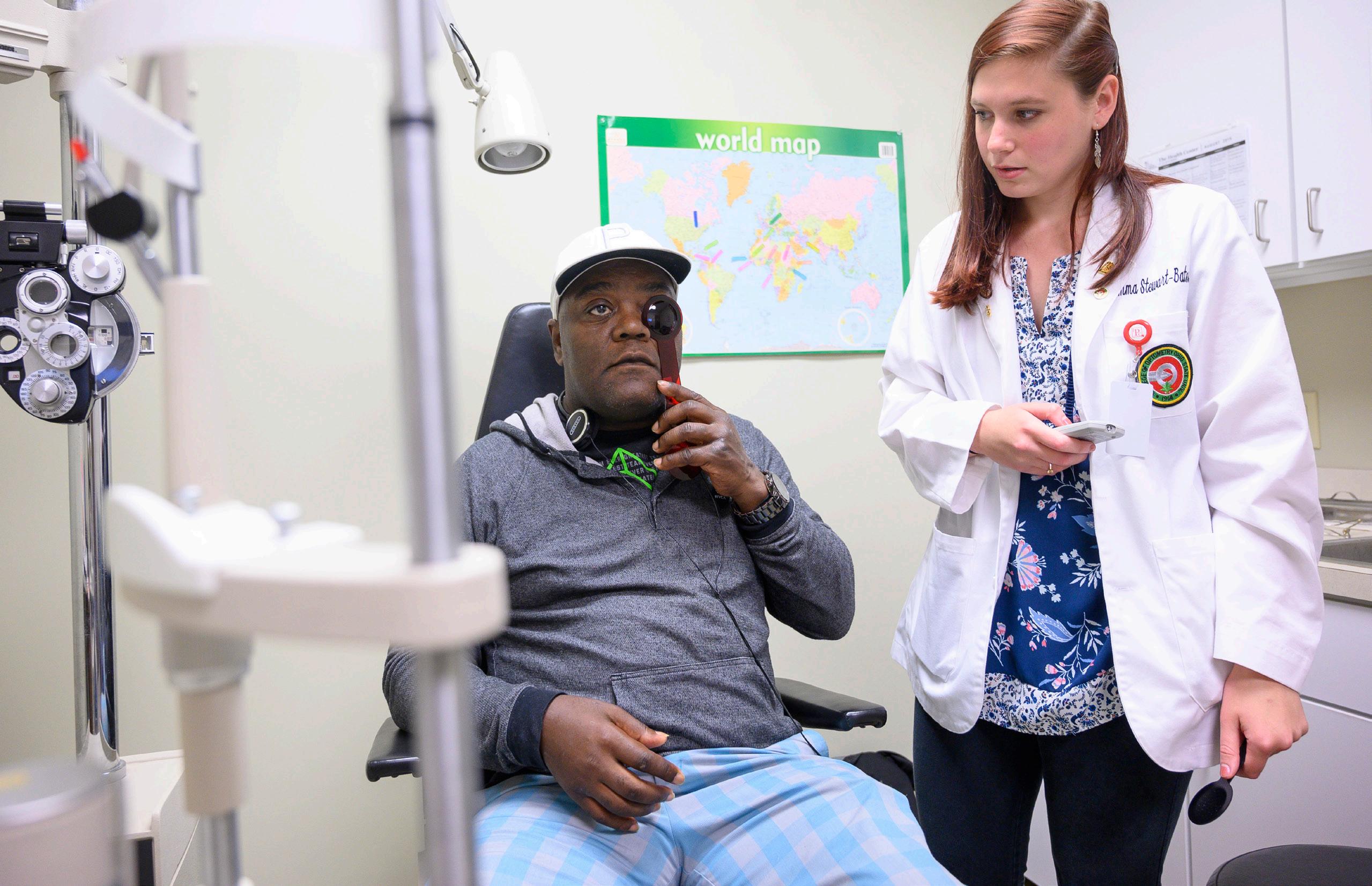
In February 2021, Council CEO Bobby Watts was one of 12 leaders nationwide appointed to the Biden-Harris Administration’s COVID-19 Health Equity Task Force. According to the White House, the Task Force "was created to provide recommendations for addressing health inequities caused by the COVID-19 pandemic and for preventing such inequities in the future.”
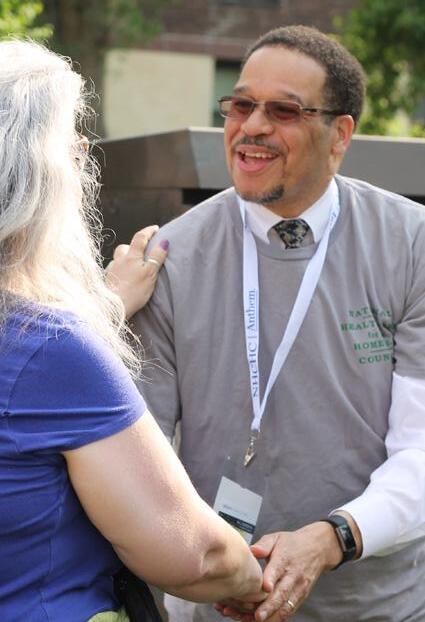
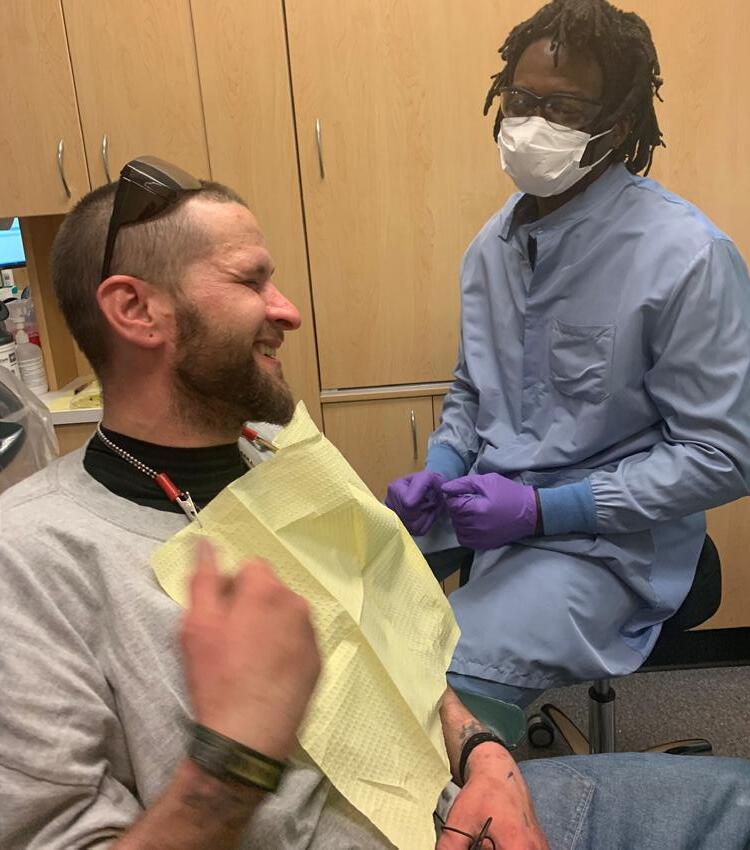
9
“Quality care for some is not ‘public’ health. By ensuring that vulnerable populations are served well, we make our nation’s health better for everyone.”
Bobby Watts, CEO
research and toolS
The Council provides valuable resources to assist those working to end homelessness. Among the tools introduced or updated in 2020-2021 were:
■ The Trauma-Informed Organizations Toolkit, which provides resources and tools for organizations to assess current practices, develop and implement trauma-infor med change strategies, and create a structure for ongoing trauma-infor med evaluation of employees.
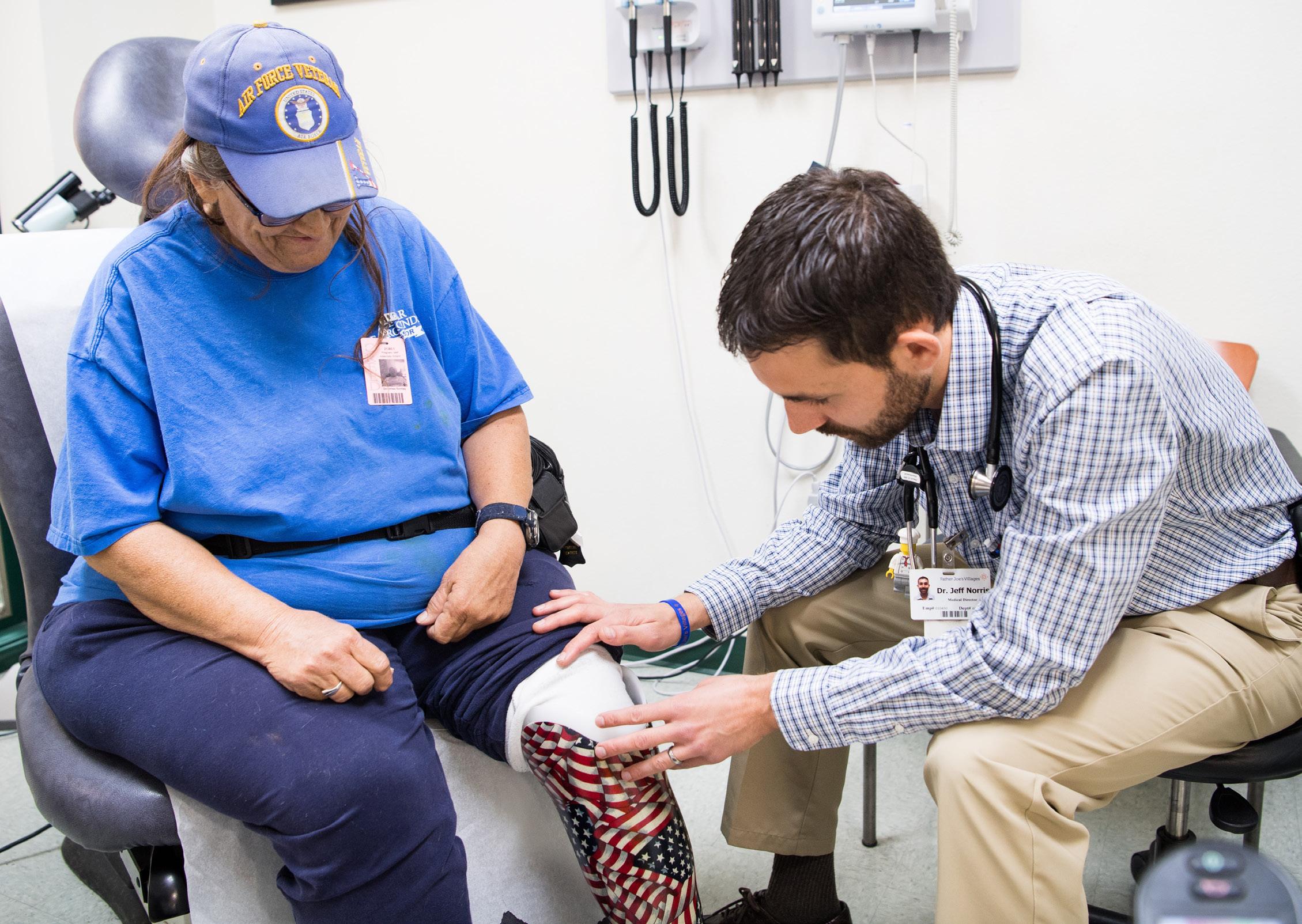
■ The Homeless Mortality Toolkit, which shares findings and implications from communities across the nation that conduct homeless mortality reviews, as well as guidance on developing or improving a homeless mortality review.
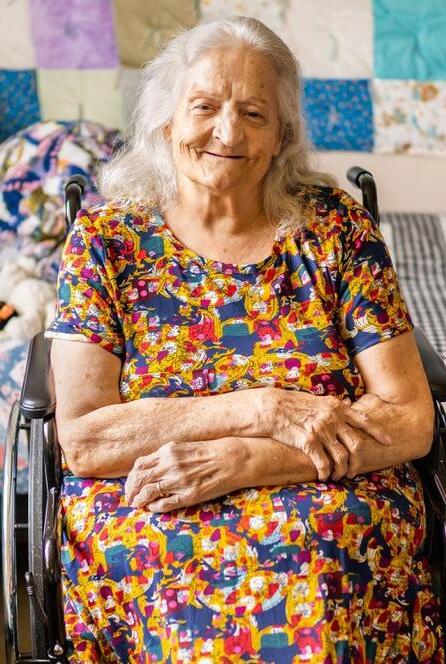
■ The COVID-19 Dashboard of HCH Comparative Data, highlighting how health centers serving people experiencing homelessness have been particularly impacted by, and are responding to, the pandemic.
■ The COVID-19 Dashboard of Universal Testing at Homeless Service Sites, in partnership with the Centers for Disease Control, is a tool to collect and share data from universal testing events at shelter or encampment-based service sites during the pandemic.
10
BY THE NUMBERS
OUR MEMBERS
The 207 Organizational Members of the Council in 2020-2021 represented 44 states and one Canadian province, and included Health Care for the Homeless (HCH) grantees, medical respite programs, and others who benefitted from opportunities for networking, technical assistance and training, research and publications, and advocacy.
79
Organizational Members
■ HCH Grantees
■ Non-HCH Grantees
The Council welcomed 16 organizations in 2020-2021 who were brand new or returning after more than two years:
• Alliance Community Healthcare (Jersey City, NJ)
• Aspire Indiana Health (Noblesville, IN)
• Bob Tavani Respite House (Duluth, MN)
• Buffalo City Mission (Buffalo, NY)
• City of Montebello Fire Department (Montebello, CA)
• Community Assisted and Supported Living (Sarasota, FL)
• Community Clinic of Maui (Wailuku, HI)
• Cone Health System (Greensboro, NC)
• Housing Forward (Maywood, IL)
• Memphis Health Center (Memphis, TN)
• OrgCode Consulting (Oakville, ON, Canada)
• Room in the Inn (Nashville, TN)
• SCAN Health Plan (Long Beach, CA)
• St. Joseph Hospital (Eureka, CA)
• The Village at Glencliff (Nashville, TN)
• William F. Ryan Community Health Center (New York, NY)
128
Other types of Council membership:
■ Individual Membership (including consumers, students, and professionals) – 4,163 members
■ Corporate Affiliate Membership (for-profit entities looking to connect with HCH leaders throughout the nation) –Two members: Humana and Kaiser Permanente


Members were able to join and contribute to the work of one or more of the Council’s Membership Groups:
◆ HCH Clinicians’ Network –2,464 members
◆ National Consumer Advisory Board –597 members
◆ Respite Care Providers’ Network –1,980 members
11
TRAINING
The Council hosted 30 webinars in 2020-2021, on topics identified by members. Combined attendance for all webinars was 2,170; the following five had the highest attendance:

More than 800 people attended the 2021 National Health Care for the Homeless Conference & Policy Symposium, held virtually in May 2021. In addition to more than 50 breakout sessions, the Conference consisted of four Pre-Conference Institutes and four Learning Labs.
TECHNICAL ASSISTANCE
Through our staff and a team of Subject Matter Experts, the Council responded to 329 requests for technical assistance from individuals and organizations in 44 states and the District of Columbia. Requests came from 248 unique organizations, on a broad range of topics. The top 10 areas of requested assistance were:
■ Medical Respite/Recuperative Care
■ Coronavirus
■ HCH/Homelessness 101
■ Outreach or Street Medicine
■ Shelter-Based Services
■ Consumer Advisory Board
■ Immunization
■ HCH Costing Tool
■ Diversity, Equity, and Inclusion
■ HRSA New Access Point
12
RESEARCH AND PUBLICATIONS
The Council works in collaboration with providers, academic institutions, and national organizations to generate new information that will improve understanding of clinical issues, access, delivery systems, and program effectiveness. Key publications of the Implementation Research team in 2020-2021 included:
■ “Health Care for the Homeless Centers During the COVID-19 Pandemic”
■ “Community Health Worker/ Peer Workforce Recruiting and Hiring for Social Determinants of Health Screening”
■ “Oral Health and Behavioral Health in Patients Experiencing Homelessness”
■ “Lessons Learned in Data Sharing and Care Coordination”
■ “How Health Center Care Teams Can Address Health and Housing for Patients Involved with the Justice System”
Other publications included:
■ Two issues of the Healing Hands newsletter for clinicians
■ Four issues of the Respite News newsletter for medical respite/ recuperative care providers
POLICY AND ADVOCACY
The Council works with members, partners, and lawmakers to advocate for policies that achieve social, economic, and racial justice. All our work is directly informed by people with the lived experience of homelessness, as well as the HCH community as a whole.
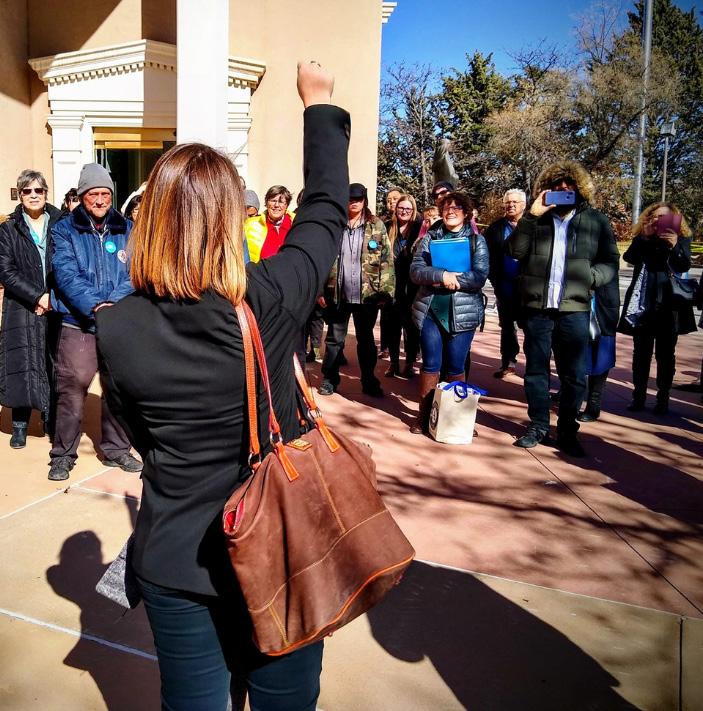

In 2020-2021, more than 30 policy and advocacy resources were shared, including:
◆ Seven issue briefs, including a comprehensive resource in April 2021 on “Using HRSA Health Center Funding from the American Rescue Plan Act to Improve Systems of Care for People Experiencing Homelessness.”
◆ Updates and statements on issues including CDC COVID testing guidance, the eviction moratorium, COVID relief measures, and vaccine strategy.
The Council also produced 12 issues of the Mobilizer action alert newsletter; 11 issues of the Council COVID-19 Flash Blast newsletter; and four episodes of the Poverty Policy Podcast (covering the topics of elections, disasters and housing, evictions, and vaccines).
13
COMMUNITY ENGAGEMENT
The Community Engagement team coordinates technical assistance, assembles a network of Subject Matter Experts, organizes work to advance racial justice and diversity among the Council community, and supports the National Consumer Advisory Board in efforts to elevate the voices of consumers.
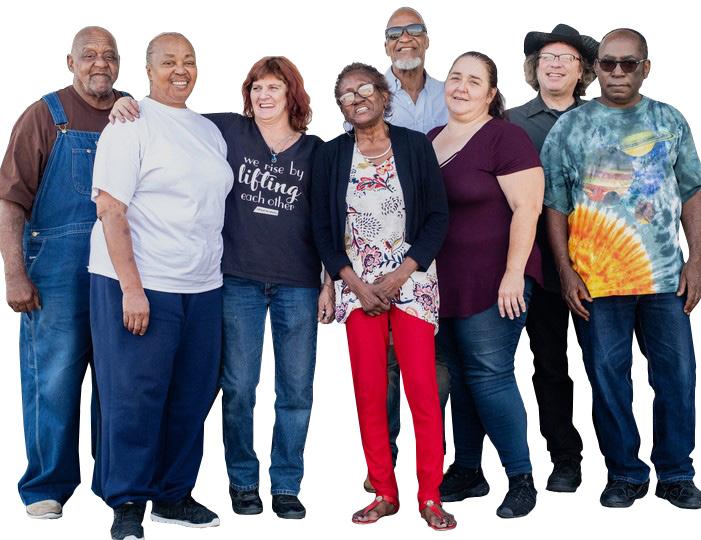
Published work in 2020-2021 included:
•Four issues of the Consumer Voice newsletter
•Homeless Mortality Toolkit
•"Evaluation of the National Consumer Advisory Board: A Case Study in Consumer Leadership"
•“The Longest Journey Starts with A Single Step: Reflections on Antiracism in Organizations Serving People Without Homes”
14
VISIBILITY AND SUPPORT
The Council continued to have a significant national impact and increase its profile in 2020-2021. In addition to establishing and maintaining philanthropic partnerships, the Council and its members were featured prominently in more than 60 local, national, and international media outlets. Key national placements included:

◆ CNN
◆ Businessweek
◆ Los Angeles Times
◆ National Journal
◆ U.S. News & World Report
◆ Washington Post
The Council also grew its number of followers on social media by 18 percent from July 2020 to June 2021.
15
2020-2021 Board of Directors
TAMISHA MCPHERSON (PRESIDENT)
Executive Director/ Chief Program Officer
Upper Room AIDS Ministry (URAM)/Harlem United New York, NY
JACOB MOODY (PRESIDENT-ELECT)
Chief Strategic Engagement Officer
San Francisco Community Health Center (Retired) San Francisco, CA
DANA GAMBLE (IMMEDIATE PAST PRESIDENT)
Assistant Deputy Director
Santa Barbara County Public Health Department
Santa Barbara, CA
AMY GRASSETTE (SECRETARY)
Managed Care Assistant Family Health Center of Worcester, Inc.
Worcester, MA
BRANDON COOK (TREASURER)
Health Care for the Homeless Program Manager New Horizon Family Health Services, Inc. Greer, SC
BRIAN BICKFORD
PATH Team Leader
Eliot Community Human Services
Lexington, MA
DONNA BIEDERMAN
Assistant Professor
Duke University
School of Nursing
Durham, NC
RACHEL BIGGS
Policy Director
Albuquerque Health Care for the Homeless, Inc.
Albuquerque, NM
TANYA DEHOYOS
Chief People Officer
National Health Foundation
Los Angeles, CA
MISTY DRAKE
Chief Operating Officer
Piedmont Health Services, Inc.
Carrboro, NC
AMY FUNK
Assistant Professor of the School of Nursing
Bemidji State University
Bemidji, MN
JESSIE GAETA
Chief Medical Officer
Boston Health Care for the Homeless, Inc.
Boston, MA
TRISH GRAND
Chief Finance & Administration Officer
Albuquerque Health Care for the Homeless, Inc.
Albuquerque, NM
RHONDA HAUFF
Chief Executive Officer
Yakima Neighborhood Health Services
Yakima, WA
JULIE KOZMINSKI
Policy & Planning Analyst
America’s Essential Hospitals
Washington, D.C.
BROOKS ANN MCKINNEY
Head of Vulnerable Populations
Cone Health System
Greensboro, NC
MAUREEN NEAL
Chief Operating Officer, Advancement (Retired)
The Daily Planet Health Care for the Homeless
Richmond, VA
DAVID PEERY
National Consumer Advisory Board Member
Camillus Health Concern, Inc.
Miami, FL
LISA PIETRUSZA
Certified Registered Nurse Practitioner
Squirrel Hill Health Center
Pittsburgh, PA
ART RIOS, SR.
National Consumer Advisory Board Member; Health Services Advisory Council Member
Central City Concern
Portland, OR
DANIELLE ROBERTSHAW
Senior Medical Director
HCMC Community Connections Care Ring
Hennepin County
Health Care for the Homeless
Minneapolis, MN
MARTIN SABOL
Director of Health Services
Nasson Health Care
Sanford, ME
JONATHAN SANTOS-RAMOS
Director, Community Engagement & Strategic Initiatives
Callen-Lorde Community Health Center
New York, NY
AMY SPARKS
Director of Behavioral Health Services
Alabama Regional Medical Services (ARMS)
Birmingham, AL
MOLLIE SULLIVAN
Clinical Mental Health
Counselor & Psychological Services
Mercy Medical Center Health Care for the Homeless Program
Springfield, MA
LISA THOMPSON
Chief Operating Officer
Colorado Coalition for the Homeless
Denver, CO
MARY TORNABENE
Family Nurse Practitioner
Heartland Alliance Health
Chicago, IL
KATHERINE DIAZ VICKERY
Clinical Investigator
Hennepin County Medical Center
Minneapolis, MN
DEIDRE YOUNG
National Consumer Advisory Board Member Health Care for the Homeless Houston
Houston, TX
VAN YU
Chief Medical Officer
Janian Medical Care
New York, NY
Standing Committees
The NHCHC Board of Directors has a number of standing committees which are primarily responsible for steering the Council’s programs and priorities on behalf of the governing membership.
Administrators Committee Addresses administrative issues related to HCH grantees, other health centers, and medical respite programs.
Advancement Committee
Guides philanthropy, communications, and membership functions of the Council.
Finance and Personnel Committee
Develops the annual budget, monitors expenditures, and authorizes personnel policies.
Policy Committee
Recommends public policy positions and coordinates advocacy on public policy issues.
Research Committee
Conducts and promotes research involving HCH projects, and to improve policy and practice.
16
BOBBY WATTS Chief Executive Officer
HUGO AGUAS Research Associate
LAURYN BERNER Research Manager
ALAINA BOYER Director of Implementation Research
LILY CATALANO Clinical Manager
KATHERINE CAVANAUGH Consumer Advocacy Manager
ANDREA CROWE Advancement Coordinator
BRANDON DE LA CRUZ Media and Technology Manager
BARBARA DIPIETRO Senior Director of Policy
JENNIFER DIX Communications Coordinator
JULIA DOBBINS Director of Medical Respite Care
NHCHC STAFF
As of June 30, 2021
D.MICHAEL DURHAM Community Engagement Manager
DOTT FREEMAN Senior Director of Advancement
MELANIE HARPER Director of Finance and Administration
TINECIAA HARRIS Clinical and Quality Improvement Manager
DARLENE JENKINS Senior Director of Programs
JOSEPH KENKEL Research Associate
KELLI KLEIN Behavioral Health Coordinator
KATIE LEAGUE COVID-19 Project Manager
CINDY MANGINELLI Director of Community Engagement
JULIA NETTLES-CLEMONS Administrative Coordinator
COVER:
(Top) Gateway Center; (bottom, l-r) Gateway Center, HCH Houston, The Night Ministry
INSIDE FRONT COVER: Broadway House for Continuing Care
PAGE 3: Broadway House for Continuing Care
COURTNEY PLADSEN Director of Clinical and Quality Improvement
BRETT POE Research Associate
REGINA REED Health Policy Manager
BRADY SEYMORE Instructional Design Manager
CAITLIN SYNOVEC Medical Respite Manager
STEPHEN WILDER Medical Respite Coordinator
CECILIA WILLOUGHBY Training and Meetings Coordinator
TERRI WOODMORE Communications Manager
BRENDA WRIGHT Executive Assistant
2020-2021 ANNUAL REPORT PHOTO CREDITS
PAGE 4
(Top) Harbor Care Health and Wellness Center
PAGE 5
Homeless Outreach Medical Services Program
PAGE 6
(Top) Gateway Center; (bottom) Unity Health Care
PAGE 7 Boise Rescue Mission
PAGE 8
National Health Foundation
PAGE 9
(Top right) HCH Seattle; (bottom) The Health Center at Faith Mission
PAGE 10
(Top) Boise Rescue Mission; (bottom)
Father Joe’s Villages
PAGE 13
Albuquerque HCH
PAGE 14
Alameda County HCH
PAGE 15
Alameda County HCH
17
FINANCIAL INFORMATION
(for the fiscal year ended June 30, 2021)
TOTAL REVENUE: $3,172,751
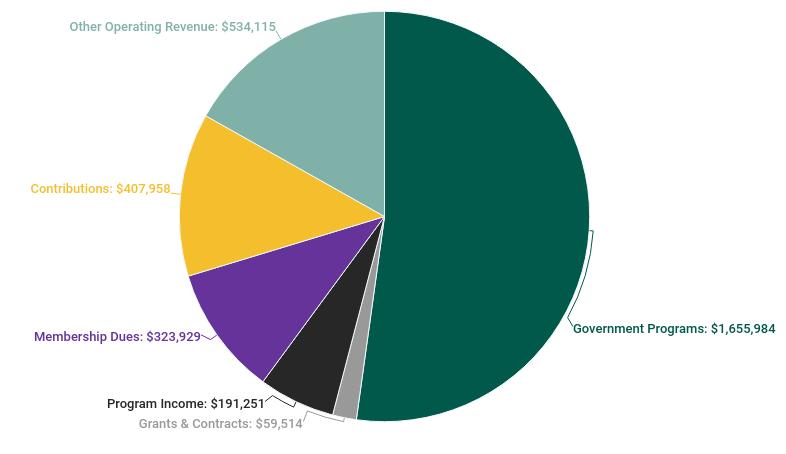
TOTAL EXPENDITURES: $2,823,810
THANK YOU TO THE INDIVIDUALS AND GROUPS WHO SUPPORTED OUR OPERATIONS AND ADVOCACY IN 2020-2021. YOUR GENEROSITY HELPS MAKE OUR WORK POSSIBLE.
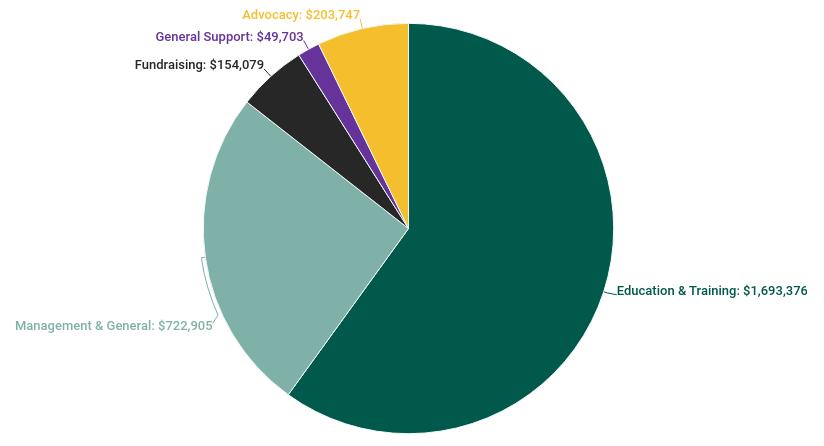
18
604 GALLATIN AVE., STE. 106 | NASHVILLE, TENNESSEE 37206 (615) 226-2292 WWW. NHCHC.ORG NATIONAL HEALTH CAR E f or the HOMELESS COUNCIL






























